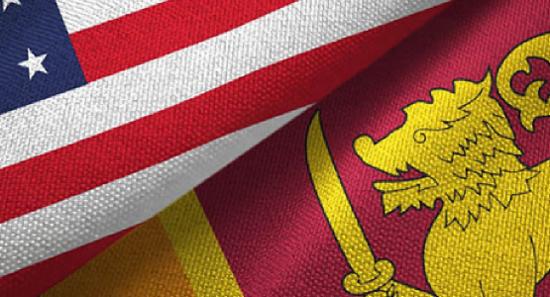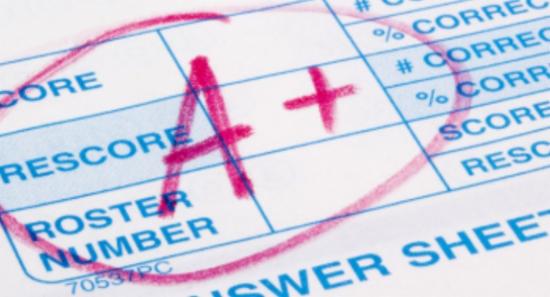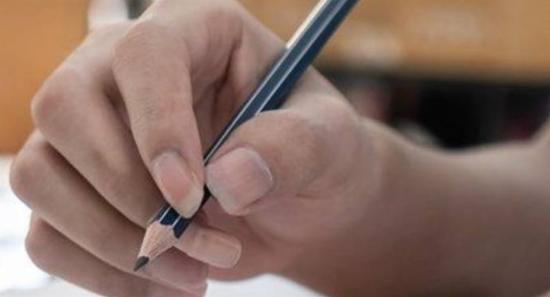.webp)
"Lankan Women sell kidneys to repay loans" - UN Expert
Colombo (News1st): Marking the end of his official visit to Sri Lanka the United Nations' Independent Expert on the effects of Foreign Debt and Human Rights, Juan Pablo Bohoslavsky, convened a press conference in Colombo, yesterday morning (September 11).
His official visit to the country began on the 3rd of September 2018 upon the invitation of the Sri Lankan government. A comprehensive report by Mr. Bohoslavsky on his visit is to be submitted to the UN human rights council in March 2019.
The UN Independent Expert on Foreign Debt and Human Rights spoke about;
- Debt Repayment
- Governments effort to combat corruption
- Money laundering
- Project Financing
- Microcredit
Other Articles
Featured News





.png )
-793492-797477_850x460-797844_550x300.jpg)









-797273_550x300.jpg)



















.gif)